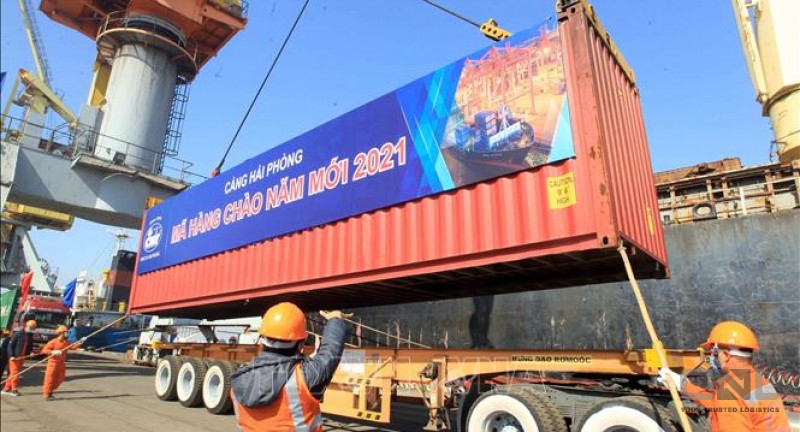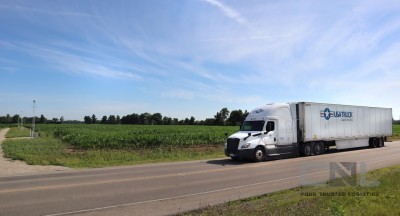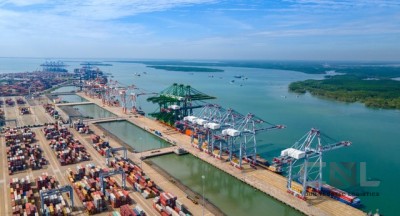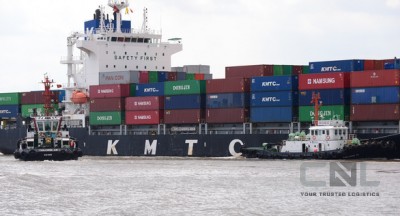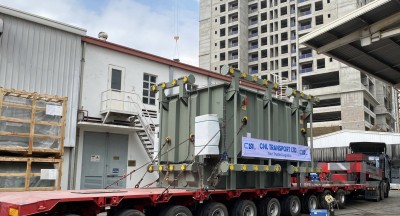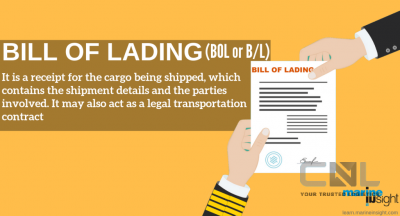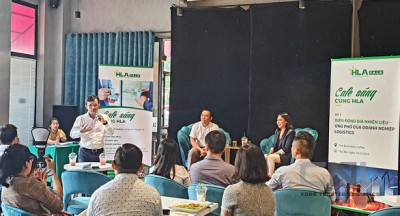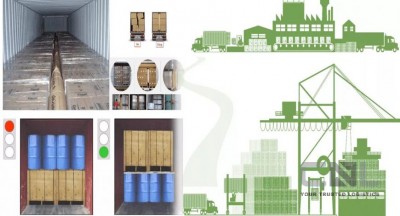According to Prof. Nguyen Minh Duc, Vietnam Logistics Human Resource Development Association, over the years, Vietnam has been one of the world's leading countries in terms of integration and openness of the economy. Since joining the World Trade Organization (WTO) in 2007, Vietnam has had trade relations with more than 220 partners, signed and joined 15 free trade agreements. The most recent are the Eu-Vietnam Free Trade Agreement (EVFTA) and the Regional Comprehensive Economic Partnership (RCEP), which are full of market and export potential. The development of the country also requires the development of logistics to support, connect and promote socio-economic development, contributing to improving the competitiveness of the economy.
The action plan to improve competitiveness and develop logistics services in Vietnam to 2025 has been approved by the Prime Minister, has identified 6 groups of tasks and solutions; In particular, there are groups of tasks and solutions "Training, raising awareness and quality of human resources", accordingly, promoting logistics training at university and vocational levels, diversifying forms of logistics training, connecting domestic and international training units and logistics enterprises, and the formation of strong research centers for logistics.
The Vietnam Logistics Research and Development Institute (VLI) forecasts that, by 2030, Vietnam's logistics industry will add 2.2 million human resources, as well as a need for about 200,000 high-quality logistics personnel with professional certificates, professional skills and foreign language ability.
According to the survey results of Vietnam Industrial Research and Consulting Company (VIRAC), from 60 to 80% of enterprises interviewed said that the capacity of logistics personnel including direct and managerial staff is only at a low average level. Australian Aid's 2019 report also found that although businesses are increasingly interested and willing to pay more for human resource training, the results are still modest; in which, 37.1% of enterprises focused on self-training, 29.9% of enterprises sent employees for short-term training under 4 weeks, 3.1% of enterprises sent employees to study masters in the country and only 1% sent employees to study abroad.
The knowledge and skills of Vietnam's logistics human resources also show a marked difference compared to the needs of human resource users from both logistics enterprises and manufacturing companies. The logistics skills forecast 2021 - 2023 of the Logistics Skills Advisory Council (LIRC) shows that the domestic logistics workforce has not met most of the needs such as skills in information technology, foreign languages, the ability to use logistcs software ... In addition, workers in the domestic logistics sector also need to be trained and improved creativity, adaptability and problem solving, planning ability as well as positive thinking at work.
Mr. Dan Duc Hiep, Former Vice Chairman of Hai Phong City People's Committee, said that the level of technology application connected to the global logistics network is still poor, so there is often a lack of information, having to solve the work through agents. The quality of logistics human resources is not high, the proportion of trained employees (mainly self-trained and self-learning experience) is only about 70%, equipment, means of transport, warehousing are only at the remaining 30%÷40% must be outsourced to serve customers. The reason for the above situation is that there is no strategy and regulations for general logistics development as well as in Hai Phong area ...
Strategic leverage

The 1 millionth Teu aboard Maersk Copenhagen via Haiphong Newport International Container Port on the morning of 9/11. Photo: Minh Thu/VNA
Mr. Pham Xuan Duong, Rector of Vietnam Maritime University, said that Hai Phong currently has about 175,000 employees operating in the field of logistics. However, there is still a shortage of both quality and quantity that only meets about 40-45% of the industry's needs. It is forecasted that the demand for logistics human resources to meet the average growth rate of 20÷25% per year of the logistics service industry will be the basis for the development of logistics enterprises in Hai Phong.
The demand for human resources is so great, but the scale of logistics human resource training is too low. Nationwide, there are currently 30 universities enrolling and training logistics majors or majors with a total enrollment target of about 3,000 students in 2021. In addition, there are 32 colleges that are implementing logistics training programs and close to logistics with an annual scale of 800 to 1,000 learners.
In Hai Phong, only Vietnam Maritime University trains bachelors in logistics with the capacity of about 300 students a year and about 1,000 students majoring in almost sea transport economics, shipping economics, foreign trade economics ... In addition to universities and colleges, learners can also be trained through short-term programs at certificate training institutions. The Mekong - Japan Subregion Logistics Training Center in Vietnam is such a facility of the school, with the ability to provide highly practical courses, meeting international standards, meeting the requirements of enterprises using human resources, even designing short-term training programs according to the specific requirements of each business.
The Politburo has just issued Resolution No. 30-NQ/TW dated November 23, 2022 on socio-economic development and ensuring national defense and security in the Red River Delta region to 2030, with a vision to 2045; in which, stating: "Building Vietnam Maritime University as a national key school, researching and training for sustainable development of the marine economy". This is an honor and a great motivation for the school to continue to build and develop to a new level.
For logistics training, Vietnam Maritime University proposes that parties including enterprises - schools - State management agencies agree on the optimization of resources and cooperation in the fields of: vocational certificate training, sightseeing programs, internships, internships, career apprenticeships, recruitment, academic competitions, career guidance programs - skills development, training cooperation, career modules, scientific research, transfer consulting contracts, establishment of the "Scholarship" Fund, a series of seminars with the participation of leading enterprises, foreign experts.
"In order to develop high-quality human resources, the first thing to do is to attract input for the logistics industry who are capable students with high entry scores. At the same time, universities need to change their training methods, contents and programs; update domestic and international legal knowledge on multimodal transport, key logistics activities and logistics service operation skills for existing human resources.", Principal Pham Xuan Duong emphasized.
In addition to bachelor's training, institutions also need to focus on training short-term and intensive programs to invest, develop capacity and standardize training quality. Businesses in the logistics industry should have kh policiesencourage and support employees to participate in learning and improve their qualifications. Learning, updating knowledge, sharing experiences should become a regular, continuous activity.
